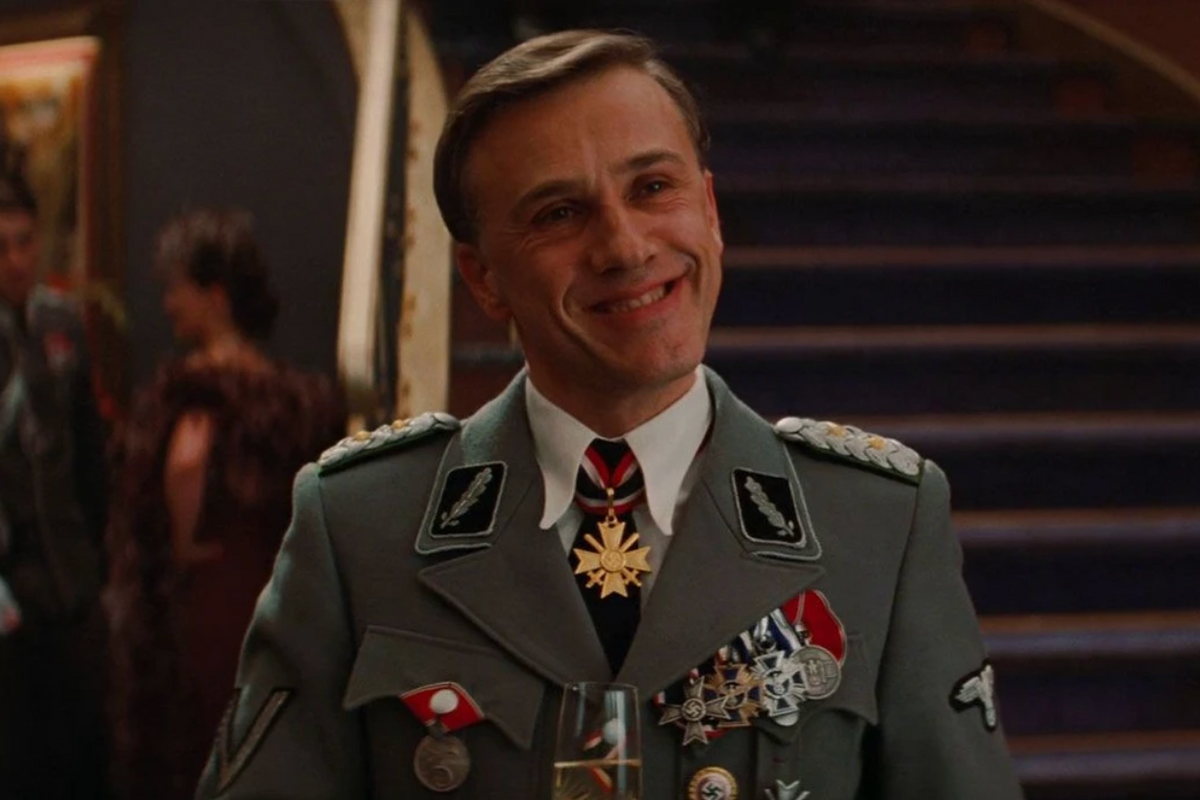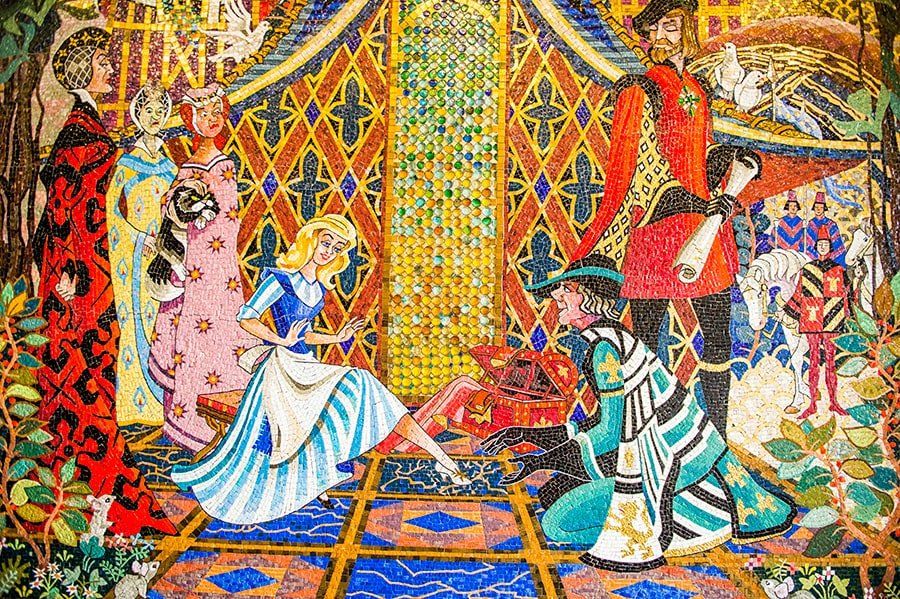How Germany's 'Master Interrogator' relied on kindness and empathy during WWII
Hanns Scharff's methods were so effective they were adopted by the FBI.

Flattery really will get you everywhere.
Imagine it’s WWII. You’re an American fighter pilot (thank you for your service) and a prisoner of war (eek).
Your interrogator walks in, and instantly your mind begins to prepare you for the torture that lies ahead. Will you be kicked, whipped and beaten? Forced to stand for hours on end until you give the enemy crucial intel? The anticipation alone is excruciating.
Suddenly, your interrogator says, “What would you like for lunch?”
This would be your treatment if questioned under Hanns-Joachim Gottlob Scharff, “Master Interrogator” of Germany’s Luftwaffe branch, who’s unconventional techniques surprisingly reveal the power of kindness.Scharff never sought out a military career, but a series of seemingly fated events led him to one nonetheless.
A businessman at the time, Scharff had been vacationing in Germany in 1939 when the war broke out and he was forcibly drafted into the army. His wife would help him avoid fighting on the front lines by vying for him to work as an interpreter.
It wouldn’t be long before Scharff would unintentionally move up the ranks. After two of his superiors died in a plane crash, he landed the position of lead interrogator.
Unlike his peers and predecessors, Scharff was opposed to obtaining information through physical or psychological abuse. Instead, he relied upon friendliness and empathy. He regularly took prisoners out to lunch and on luxurious nature walks, and he even offered them baked goods made by his wife. It was essentially more of a wooing than an interrogation.
In addition to the friendly approach, Scharff would also never press for information and perpetuated an illusion of knowing all the information already (which included acting unsurprised whenever a prisoner might reveal new intel). The last component of his strategy involved casually presenting a claim to see if the prisoner would confirm or deny it, otherwise known as the confirmation/disconfirmation tactic.
All these tricks proved incredibly effective. Not only was Scharrf highly successful at getting information (one prisoner famously remarked that he "could get a confession of infidelity from a nun”) he also managed to save the lives of multiple American pilots in the process. He even remained friends with one after the war.
His methods were so successful that following WWII, he was invited to give lectures in America, and he became a major influence on U.S. interrogation techniques.
One last fun fact: America is where Scharff would end up retiring, where he would take up creating mosaics—a passion he once had as a young boy. If you ever find yourself at Cinderella's Castle in Walt Disney World, you might find one of his works.

Scharff clearly had many talents.
cdn1.parksmedia.wdprapps.disney.com
Not in Florida anytime soon? You can also find some of his work at the California State Capitol building, Los Angeles City Hall, and several American universities like Dixie College in Utah and the University of Southern California campus.
You know what they say—you catch more bees with honey than you do with vinegar. Getting the desired result from another person is often more easily achieved by being kind and understanding, both in times of war and in everyday life.
No comments:
Post a Comment